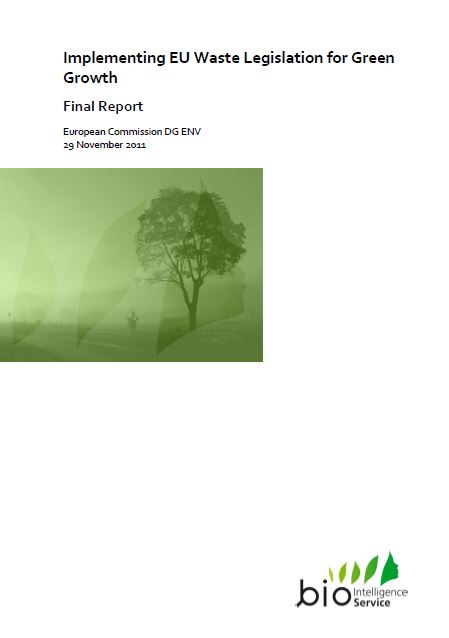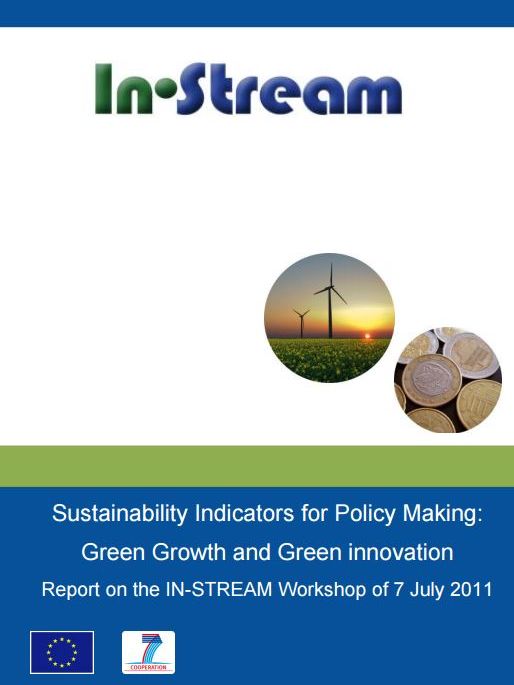Is Green Growth Possible?
Press Briefing
- Presentation
- Date
-
- Location
- online
- Panel discussion
-
Prof. Dr. Doris Fuchs (Westfälische Wilhelms-Universität Münster)Dr. Steffen Lange (Institut für ökologische Wirtschaftsforschung, Humboldt-Universität zu Berlin, Technischen Universität Berlin)Dr. Michael Jakob
The question of the limits to growth is more relevant than ever. Historically, economic growth has almost always been accompanied by increasing environmental damage. The policies of European countries now want to break this historical link through "green growth". The economy should continue to grow, but without negative consequences for the environment. From a scientific perspective, however, it is disputed whether such a decoupling is realistic. Dr. Michael Jakob from Ecologic Institute discussed this apparent contradiction between politics and science with Prof. Dr. Doris Fuchs and Dr. Steffen Lange during a press briefing on 25 February 2022.
Can our economy continue to grow continuously - in the face of the climate crisis, the species extinction and the environmental pollution that are worsening all over the world? That was already in doubt 50 years ago at the beginning of March in its report "The Limits to Growth," the Club of Rome predicted that if growth continued, ecological and social systems would finally collapse.
Today, the question of the limits to growth is more relevant than ever. Historically, economic growth has almost always been accompanied by increasing environmental damage. Policymakers in European countries now want to break this historical link through "green growth." The switch to renewable energies, the circular economy and increasingly efficient use of resources are intended to decouple economic growth and environmental damage. In this way, the economy should be able to continue to grow while at the same time reducing negative consequences for the environment.
From a scientific perspective, however, it is controversial whether such a decoupling is realistic – at least to the extent that would be necessary in order not to exceed planetary boundaries. Absolute decoupling – i.e. increasing gross domestic product (GDP) with decreasing environmental damage – has hardly ever been observed empirically, and if so, then only in clearly limited periods of time. This is why some researchers doubt whether "green growth" is even possible in the long term.
Experts discussed this apparent contradiction between politics and science during a press briefing. Can "green growth" succeed through decarbonization, circular economy and efficient use of resources? Or do such measures only shift environmental damage – for example, when greenhouse gas emissions are reduced in the energy transition, but critical raw material extraction is promoted at the same time? Is it possible that the solution to this dilemma lies in moving away from economic growth as an indicator of prosperity – in other words, in defining the well-being of a nation and thus growth differently?
These questions answered in a 50-minute press briefing:
- Prof. Dr. Doris Fuchs, Professor of International Relations and Sustainable Development, Westfälische Wilhelms-Universität Münster.
- Dr. Michael Jakob, Senior Fellow at Ecologic Institute, Berlin and Fellow at the Mercator Research Institute on Global Commons and Climate Change, Berlin and
- Dr. Steffen Lange, Research Fellow at the Institute for Ecological Economy Research, affiliated scientist at the Humboldt University Berlin and the Technical University Berlin




